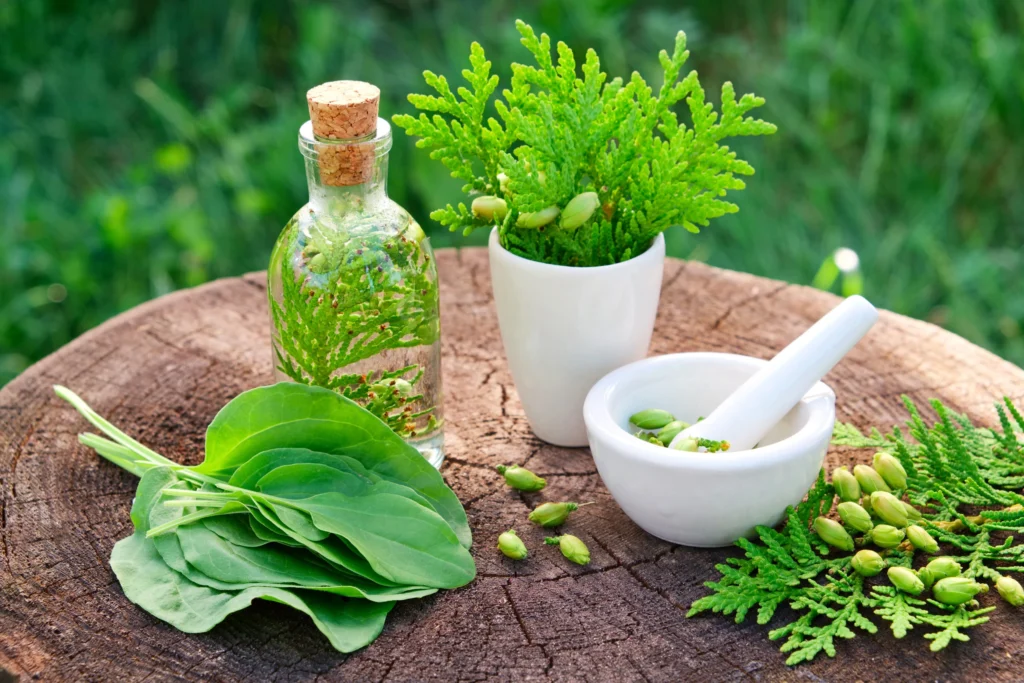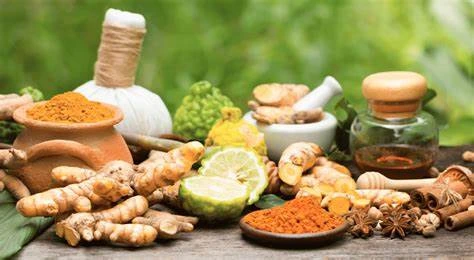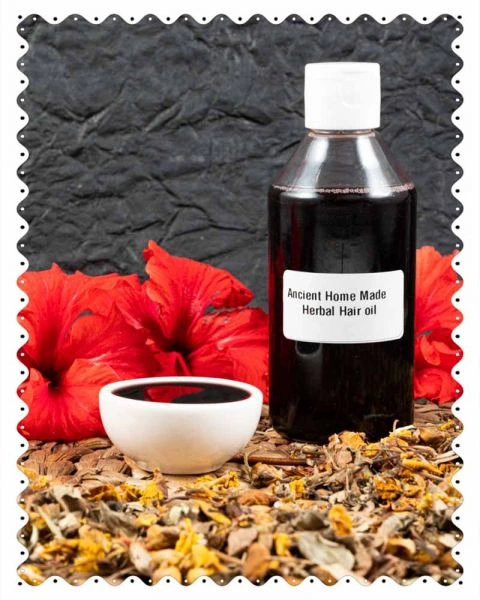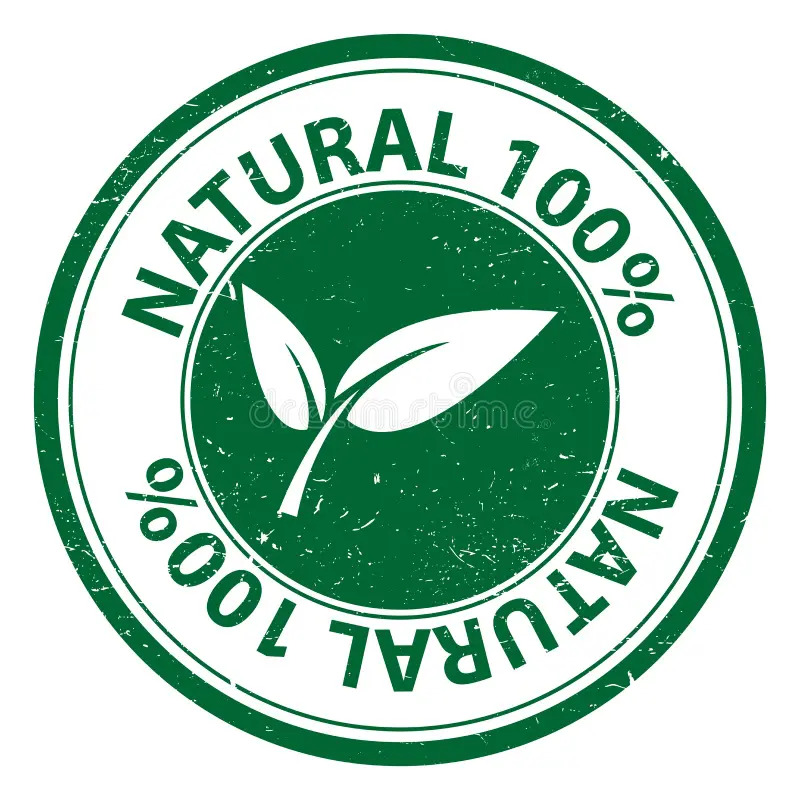Herbal products are gaining popularity as natural alternatives for improving overall wellness. From skincare to dietary supplements, they offer numerous benefits without the side effects of synthetic chemicals.Herbal products, rooted in ancient traditions, offer a natural and eco-friendly way to improve health while helping you connect more closely with nature

Why Herbal Products Shine
Table of Contents
Herbal products harness the power of nature to provide holistic health benefits. Derived from plants, these products are rich in vitamins, minerals, and antioxidants that help nurture the body and mind. They’re crafted through an organic process that ensures the purity and potency of the ingredients.
This process begins with cultivating plants in chemical-free soil, free from synthetic fertilizers or pesticides. Once harvested, the plants undergo careful drying and extraction methods, often using traditional techniques like cold pressing or steam distillation to preserve their active compounds. Natural ingredients such as aloe vera, turmeric, ashwagandha, and chamomile are then combined, maintaining their therapeutic properties.
These time-honored methods, coupled with modern quality standards, result in products that are both effective and environmentally friendly. Celebrated for generations, herbal remedies offer a natural way to support and enhance overall health and well-being.

Why Choose Herbal products?
Choosing herbal products made organically at home offers numerous benefits that support both health and sustainability. Here are 12 ways to create your own organic herbal products at home:
- Herbal Teas: Brew teas using organic herbs like chamomile, peppermint, or ginger to soothe digestion and reduce stress.
- Homemade Tinctures: Extract the medicinal properties of herbs like echinacea or elderberry using alcohol or vinegar for immune support.
- Infused Oils: Create infused oils with herbs like lavender or rosemary for skin care and relaxation.
- Herbal Bath Soaks: Add dried herbs such as lavender, rose petals, or calendula to bath salts for a calming soak.
- DIY Salves and Balms: Use beeswax, olive oil, and herbs like calendula or comfrey to make healing balms for skin issues.
- Herbal Face Masks: Blend organic herbs like turmeric, aloe vera, and honey to make soothing, anti-inflammatory face masks.
- Hair Rinses: Infuse apple cider vinegar with herbs like nettle or chamomile to create natural hair rinses that promote shine and growth.
- Herbal Pest Repellents: Use herbs like peppermint or citronella to create organic, non-toxic insect repellents.
- Homemade Scrubs: Combine organic herbs such as mint, sugar, and coconut oil for exfoliating body scrubs.
- Herbal Capsules: Dry and grind herbs like turmeric or ashwagandha to make your own capsules for boosting immunity or energy.
- Herbal Lip Balms: Create natural lip balms with organic herbs like calendula or peppermint, blended with beeswax and shea butter.
- Herbal Compresses: Make hot or cold compresses with herbs like chamomile or peppermint for soothing headaches, aches, or inflammation.
By making these herbal products at home using organic ingredients, you ensure they are free from harmful chemicals while promoting wellness in a natural, eco-friendly way
Popular Herbal Product Categories
- Hair Care: Homemade herbal hair oils made from natural ingredients like amla and bhringraj are excellent for strengthening hair and preventing breakage. Amla, rich in vitamin C and antioxidants, helps nourish the scalp, stimulate hair growth, and prevent premature graying. Bhringraj, often called the “king of herbs” for hair care, is known for its ability to improve blood circulation to the scalp, promote thicker hair, and reduce dandruff. Combining these powerful herbs in a homemade oil blend can deeply condition the hair, repair damaged strands, and restore shine. Regular use of this herbal oil nourishes the scalp, encourages healthy hair growth, and protects against environmental damage, leaving the hair looking vibrant and full of life

- Skincare:Herbal skincare products use natural plant extracts to refresh, nourish, and protect the skin. They are gentle yet effective, making them ideal for all skin types, including sensitive skin. Ingredients like neem, which has antibacterial and anti-inflammatory properties, are excellent for treating acne, reducing redness, and preventing breakouts. Tea tree oil, another popular herbal ingredient, is known for its ability to fight germs and clear blemishes, promoting clearer skin.
Rosehip oil, packed with healthy fats and antioxidants, deeply moisturizes the skin while aiding in healing, reducing scars, and enhancing your skin’s natural glow. These herbal products are free from harsh chemicals, offering a natural way to care for your skin while minimizing the risk of irritation or side effects. - Dietary Supplements: Herbal dietary supplements such as moringa capsules and spirulina tablets are packed with nutrients that support overall health and wellness. Moringa, often called the “drumstick tree,” is rich in vitamins A, C, and E, and contains powerful antioxidants that help strengthen the immune system, boost energy, and reduce inflammation
- Aromatherapy: Essential oils derived from herbs like lavender and eucalyptus are widely known for their therapeutic benefits, offering relaxation and stress relief. Lavender essential oil, with its soothing aroma, is particularly effective in calming the mind, reducing anxiety, and promoting restful sleep. It is also known for its ability to relieve headaches and alleviate muscle tension, making it a popular choice for aromatherapy sessions aimed at relaxation. Eucalyptus essential oil, on the other hand, has a refreshing and invigorating scent that helps clear nasal passages, support respiratory health, and reduce mental fatigue. It also has anti-inflammatory properties, which make it useful for soothing sore muscles and relieving tension. When used in diffusers, added to bathwater, or massaged into the skin, these herbal oils can create a peaceful environment, encourage deep relaxation, and restore mental clarity. Aromatherapy with these essential oils can be a natural, effective way to manage stress, enhance mood, and improve overall well-being.

How to Choose Authentic Herbal Products
- Choosing organic herbal products involves several key considerations to ensure their quality and effectiveness. Here’s a guide to help you make the right choice:
- Look for Certification: Ensure the product is certified organic by a recognized authority like USDA or EU Organic. This guarantees the product has been grown without synthetic pesticides, herbicides, or fertilizers.
- Check the Ingredients: Review the list of ingredients to make sure the product contains pure, natural herbs with no added chemicals, fillers, or artificial fragrances.
- Source and Quality: Choose herbal products that are sustainably sourced and harvested from trusted farms known for their ethical practices. High-quality herbs often come from regions with ideal growing conditions for those plants.
- Third-Party Testing: Opt for products that have been tested by third-party laboratories for purity and potency. This ensures that the product is free from contaminants and that the claimed benefits are accurate.
- Transparency: Reliable brands will be transparent about their manufacturing process, sourcing, and testing, giving you confidence in the quality of the herbal product.
- Reputation of the Brand: Research the brand’s reputation and customer reviews. Established brands with positive feedback often deliver higher-quality organic herbal products.
- Packaging: Choose products that come in eco-friendly, recyclable packaging, as sustainability is an important aspect of organic products.
By carefully considering these factors, you can confidently select organic herbal products that are effective, safe, and environmentally friendly.
The Future of Herbal Wellness
The future of herbal products in wellness is bright, as more individuals are seeking natural alternatives to support their health and well-being. With rising concerns about the potential dangers of synthetic chemicals, herbal products are becoming a popular choice for their holistic healing properties. Ongoing research is enhancing our understanding of the effectiveness of these natural remedies, making herbal products more accessible and beneficial in various applications, from dietary supplements to skincare solutions. As eco-consciousness and sustainability continue to grow, herbal products provide an environmentally friendly option, aligning with the global shift toward combining ancient wisdom with modern health practices.
Final Thoughts
Embracing herbal products goes beyond being a passing trend; it represents a conscious lifestyle decision that emphasizes health, sustainability, and a deep sense of mindfulness. By integrating these natural solutions into your daily habits, you’re not only taking proactive steps to improve your well-being but also supporting environmental health. Herbal products provide a holistic approach to wellness, offering a wealth of benefits derived from nature’s bounty. Whether you’re an experienced herbal enthusiast or just starting to explore their potential, now is the perfect time to discover how these natural remedies can enhance your life. Make informed choices, embrace nature’s healing power, and allow herbal products to guide you toward a more balanced, healthier lifestyle that nourishes both you and the planet.